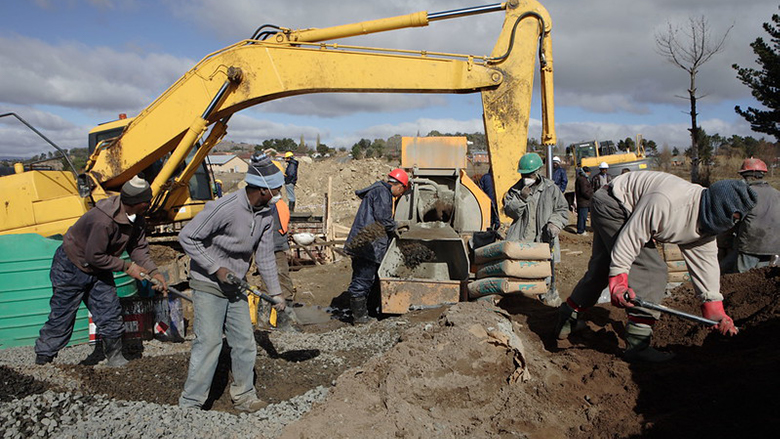| Much more is still needed to help developing economies in the wake of the COVID-19 crisis. If we don't scale up our efforts now, the damage will require a much larger response later. Immunization: Additional funding of $2 billion will be needed to develop up to three COVID-19 vaccines over the next 12-18 months. This estimate does not include the costs of manufacturing or delivery. In addition to sufficient financing, we need to put in place a fair global allocation system to ensure that all countries, including the poorest have equal access to vaccines once they are available. Related: COVID-19 poses a threat to people everywhere. Yet, some groups will clearly bear the worst brunt of its impact. For the poorest and most vulnerable, this pandemic has the potential to be catastrophic. Action taken: In the fight against COVID-19, countries across the East Asia and the Pacific region are quickly deploying their existing safety nets and social insurance programs to support both the existing and the new poor. Forward thinking: Coronavirus will affect the health of millions of people in the Latin America and the Caribbean region and will have serious social, economic, and public policy implications. It is crucial that governments adopt forward-thinking policies right now. Learn how. Migration Lens: Efforts to curb the spread of the coronavirus need to include migrants, who face risks unique to their living and working situations. Low-wage migrant workers, especially those in non-essential sectors, are vulnerable to the loss of employment and wages. Staying Connected: In times of social distancing, achieving universal and affordable broadband access is of paramount importance. Countries that do not have high-speed internet access will suffer the most. Connectivity is a public good. No countries should be left behind. Financial Inclusion: As the world grapples with the COVID-19 crisis, the importance of digital financial services in providing secure, low-cost and contactless financial tools to citizens and governments has become even more apparent. Watch: How can we sustain jobs and provide a safety net for those most in need? We spoke to Michal Rutkowski, the World Bank's Global Director of Social Protection and Jobs. Go deeper: Learn how the World Bank Group is responding to the COVID-19 (coronavirus) pandemic. Bookmark and come back for updates! | 


No comments:
Post a Comment